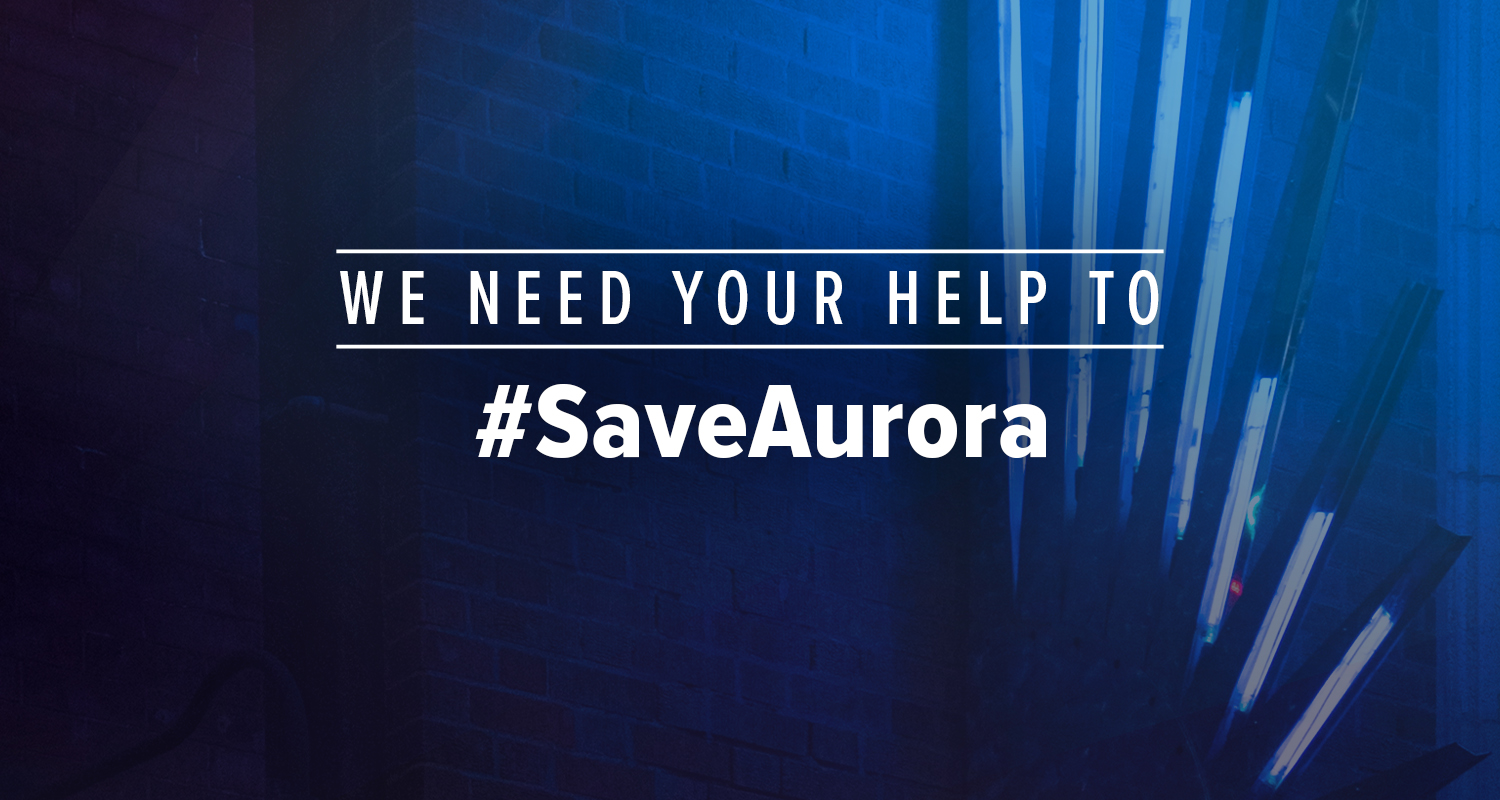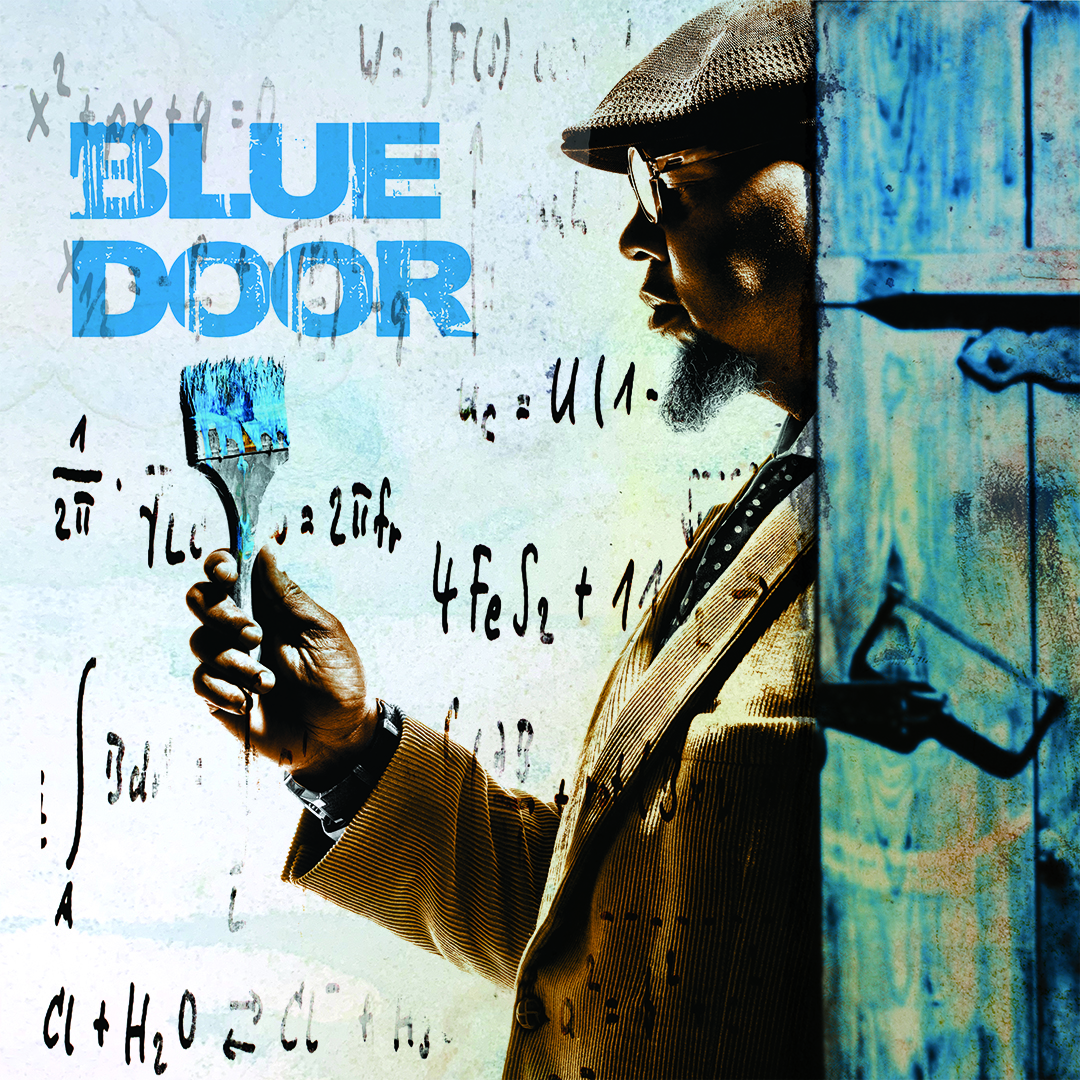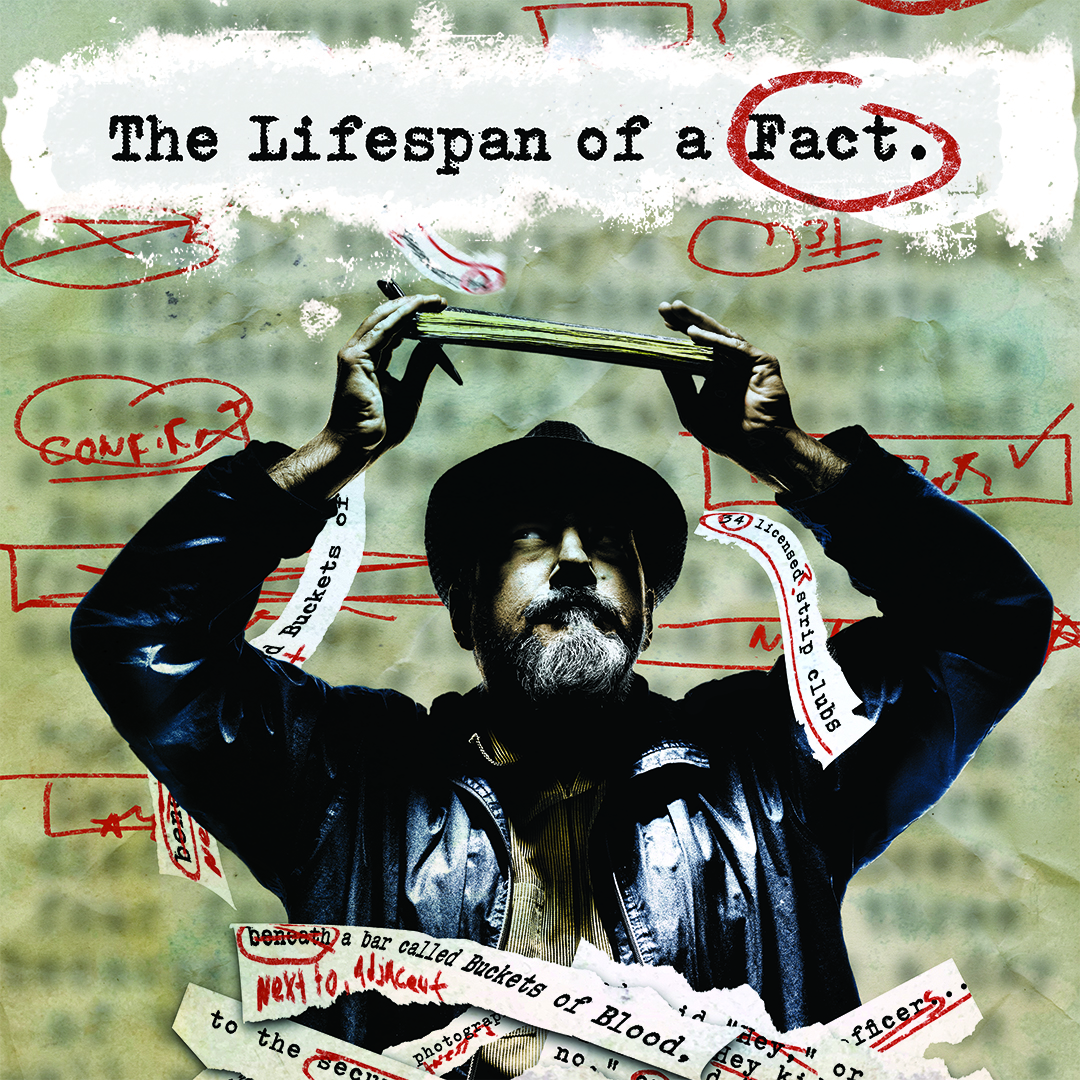Up Next: Blue Door
starts april 19
By Tanya Barfield
Directed by Darryl V. Jones
Intimate. Intrepid. Inspired.
Tanya Barfield’s two-man play, Blue Door, puts Lewis, a high-achieving Black mathematics professor, in conversation with three generations of his ancestors over the course of a fevered dream or night of sleepless delusion as he wrestles with his own sense of self and cultural identity. Estranged from his white wife, who accuses him of being out of touch with his heritage for refusing to attend the Million Man March, Lewis must journey through the past in order to determine his future. The ancestral visitations he receives call upon joy and pain, suffering and resiliency, music and song to situate Lewis in a long lineage of Black men in America from enslavement and Jim Crow to Black Power.
“Intelligent…unfailingly thought-provoking…Barfield poses sharp questions and counter-questions on contemporary black identity. Her vision is fearless and humane.”
- Los Angeles Times









